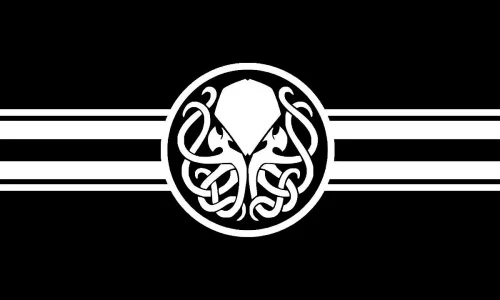I've been trying to become a little smarter about this but I'm only getting more confused.
Why does everything have to be so polarizing and divided among party lines?
The majority of Americans are mostly decent people and we all want everyone to feel safe and have equal opportunity. So, we might not agree on how to go about that.
But what's all the shaming about?
There's so much damage being done, relationships being hurt.
Why is that necessary?
You know what is necessary for change? Cooperation. Willingness to find common ground.
And yes, this is me venting. Admittedly, a selfish post.
I don't think it's a selfish post, hi.
Just on your question about polarisation, I should say that social balance theory (Fritz Heider, then Harary and Cartwright) predicts that the only two 'balanced, stable' possible states within social networks are unitary utopias and antagonistic, bipolar states.
The process of polarisation is generally automatic and based upon relationship 'triads' between two people and an 'object' (which can either be another person or an idea). The classic example is a married couple and a friend.
When everybody likes each other, the triad is 'balanced'.
However, when the married couple fall out and divorce, the triad is put into an 'imbalanced' state where the friend is effectively forced to choose between the ex-spouses.
Social balance theory is based upon 'consistency theory' in psychology (the most well-known example of which is the concept of 'cognitive dissonance'), the idea being that the friend would find it too stressful to maintain relations with both ex-spouses if they do not like each other.
In this case, the divorce can have a cascade effect throughout the entire social network as people are effectively forced to choose sides based upon their preexisting affiliations.
Political polarisation works the same way, except triadic elements can be replaced with 'ideas', &c.
The theory predicts (and the mathematics on this are solid - this was Harary and Cartwright's improvement, who brought graph theory in from mathematics) that the longer a social network exists, the more elements/people are polarised in order to 'balance' the network and reduce the overall level of cognitive dissonance within the system as a whole. People have less stressful lives when they associate only with their allies, and think and do things which their allies approve of. By contrast, maintaining a network of contacts with a lot of imbalanced triads represents a level of stress that most people are not able to live with.
The fallacy people make when thinking about polarisation is that it must primarily be about erroneous thinking in one side or another, or that it's
mostly about 'politics'. The reality of polarisation is that it's a social phenomenon which human beings are adapted to make use of in order to reduce congnitive stress upon themselves. It's mostly about interpersonal alliances and pre-existing loyalties.
In evolutionary terms, it may even be adaptive, promoting a process of creative destruction and a cycle of splitting networks and destroying the less adapted half.


